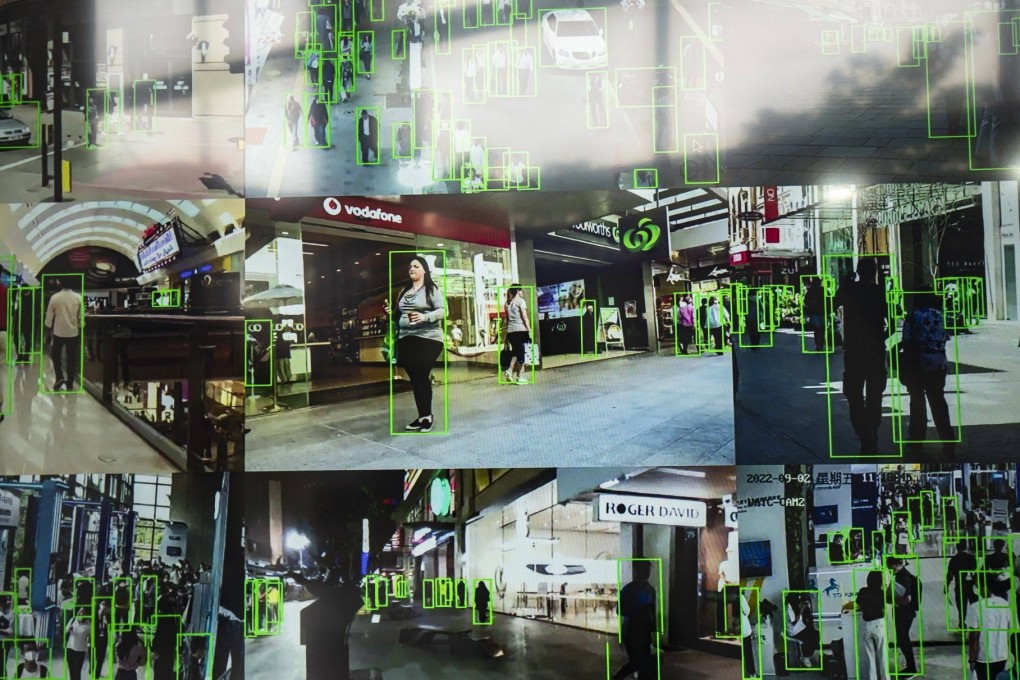US should expand its restrictions on sale of hi-tech products to China, panel is told
- Congressional-Executive Commission on China focuses its hearing on religious freedom for first time since 2018
- ‘China has developed machine-learning models to explicitly identify religious minorities as they pass through the country,’ one expert says

Experts and a Uygur activist who serves in US President Joe Biden’s administration also told the Congressional-Executive Commission on China (CECC) that tougher US action was needed to stymie Beijing’s efforts to control Uygurs, Tibetans, Catholics and other religious minorities in China.
“We know that China has developed machine-learning models to explicitly identify religious minorities as they pass through the country,” said Chris Meserole, research director of the Brookings Institution’s Artificial intelligence and Emerging Technology Initiative.
“Those models were more likely than not trained on either Nvidia GPUs or AMD GPUs,” he said, referring to graphical processing units. “By banning the sale of those GPUs to China, it won’t cripple them from being able to develop those kinds of models, but it will hamper their ability to do them at scale.
“So I think, ideally, we would continue to place more and more restrictions on the kinds of unique hardware that China relies on the US for, to … build out and to balance the surveillance apparatus that it’s been developing,” Meserole added.
AMD, short for Advanced Micro Devices Inc, was reportedly also ordered to halt sales of its GPUs to China, although the company has not officially acknowledged the ban.
The commission, set up in 2000 to monitor China’s human rights and rule-of-law record, is an advisory body to Congress and the executive branch, and has significant influenced a number of high-profile China bills in recent years.
China’s embassy in Washington did not immediately respond to a request for comment about Tuesday’s CECC hearing.
